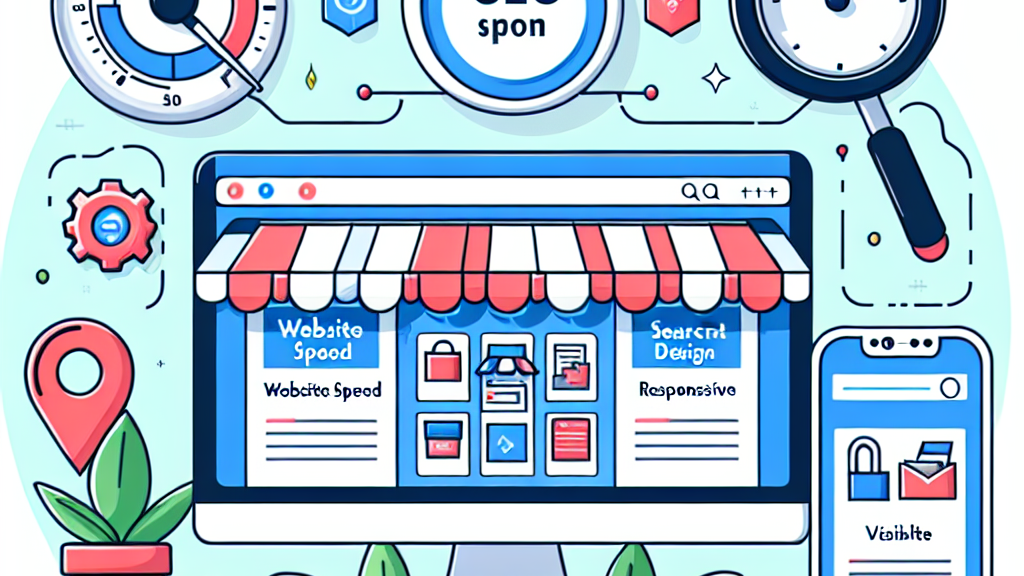The success of e-commerce websites relies heavily on their visibility in search engines. As competition in the online marketplace increases, businesses must use effective Search Engine Optimization (SEO) strategies to stand out. This article aims to reveal twenty SEO facts that every e-commerce owner must know.
One of the most important factors for the success of an e-commerce website is its search engine visibility. In an era where consumers rely on search engines to find products and services, having a strong online presence is crucial.
However, optimizing SEO for e-commerce sites presents challenges. With many product pages to manage, it is important to optimize each one for success.
Technical SEO is vital for visibility and user experience. Optimizing website speed, ensuring mobile responsiveness, and proper indexing are all essential.
Slow-loading pages negatively affect search engine rankings. Users expect instant access to information, and search engines reward websites that provide seamless experiences.
Most internet users access websites through mobile devices, so responsive design is important for user experience and search engine rankings.
Well-structured websites help search engines understand and rank content. Clear navigation, hierarchical organization, and organized URLs make crawling and indexing easier.
E-commerce sites often have duplicate content issues. To avoid search engine penalties, unique and compelling content is essential.
Thin product descriptions limit the SEO potential of e-commerce sites. Detailed and informative descriptions, with optimized keywords, enhance visibility and relevance.
Keywords are crucial for optimizing product descriptions. Integrating targeted keywords naturally improves visibility in search engine results.
On-page optimization, including improving title tags, meta descriptions, headers, and image alt text, improves search engine visibility and click-through rates.
Ignoring title tags and meta descriptions negatively impacts click-through rates. Engaging tags and descriptions entice users to click, driving traffic.
Alt text for images aids accessibility and helps search engines understand image content. Descriptive alt text enhances user experience and SEO.
Strategic internal linking between related pages improves user navigation, increases time spent on the site, and boosts search engine rankings.
Backlinks from other websites serve as endorsements and are important for off-page SEO. High-quality backlinks from authoritative sources enhance credibility and visibility.
Social media indirectly affects SEO by increasing brand exposure and driving traffic. Engaging with customers leads to valuable backlinks, positive user signals, and increased visibility.
User experience and SEO are closely connected. Search engines prioritize sites that offer seamless experiences, including fast-loading pages, intuitive navigation, and relevant content.
Website navigation influences search engine perception of value. An easy-to-navigate site improves user experience and signals authority, leading to higher rankings.
Fast-loading pages improve engagement as users tend to stay on websites that load quickly. This reduces bounce rates and increases the likelihood of conversions.
E-commerce sites must be mobile-friendly to cater to the growing number of users accessing websites through mobile devices. Easy navigation and seamless purchasing on mobile devices lead to increased sales and improved search rankings.
Continuous monitoring, updating, and refining of SEO strategies are crucial for e-commerce success. Adapting to evolving search engine algorithms ensures visibility and ongoing success.
In conclusion, implementing effective SEO strategies is crucial for e-commerce success. From technical optimization to user experience, every aspect plays a vital role in improving search engine rankings and driving organic traffic. By embracing these twenty unique SEO facts, e-commerce businesses can gain a competitive edge in the online marketplace.











